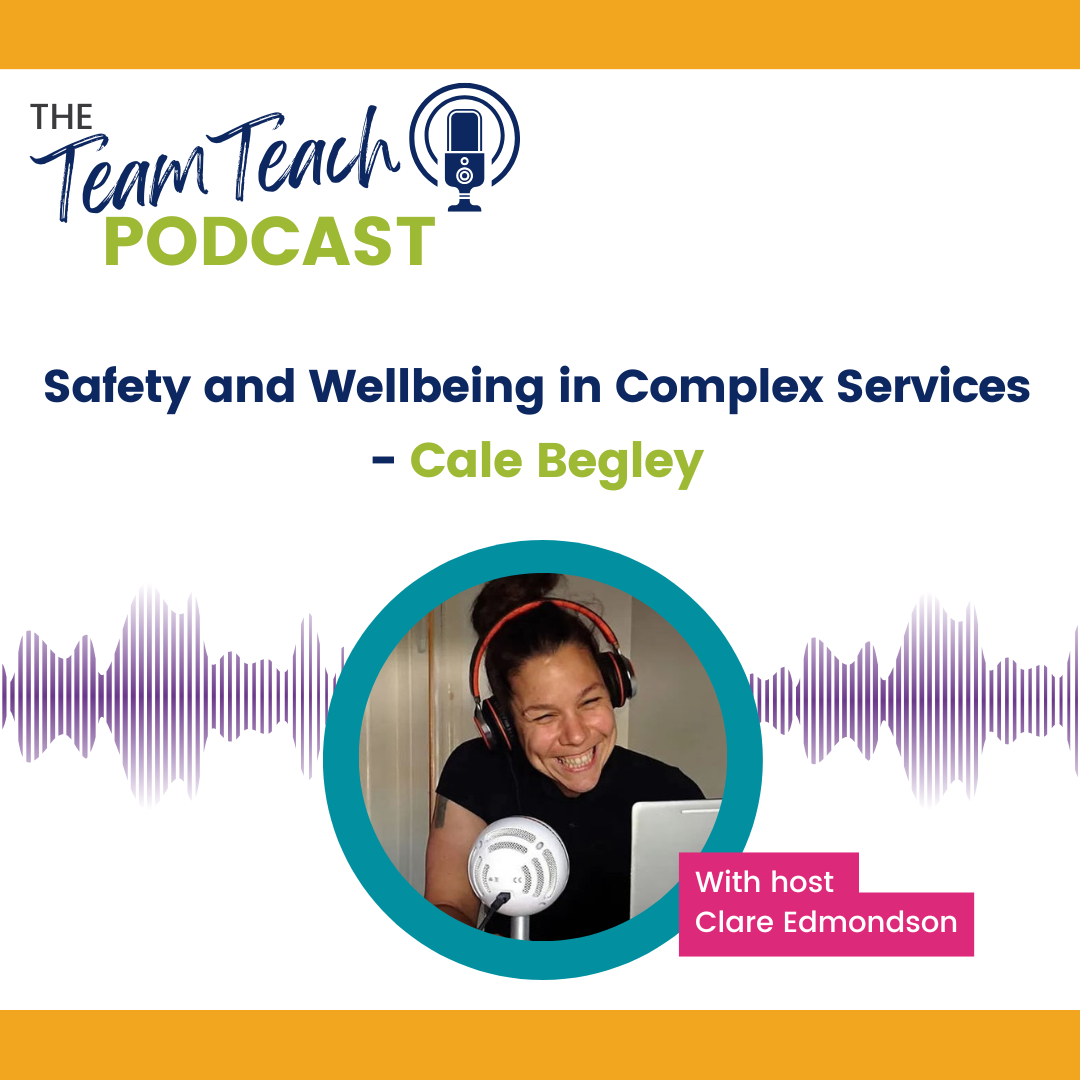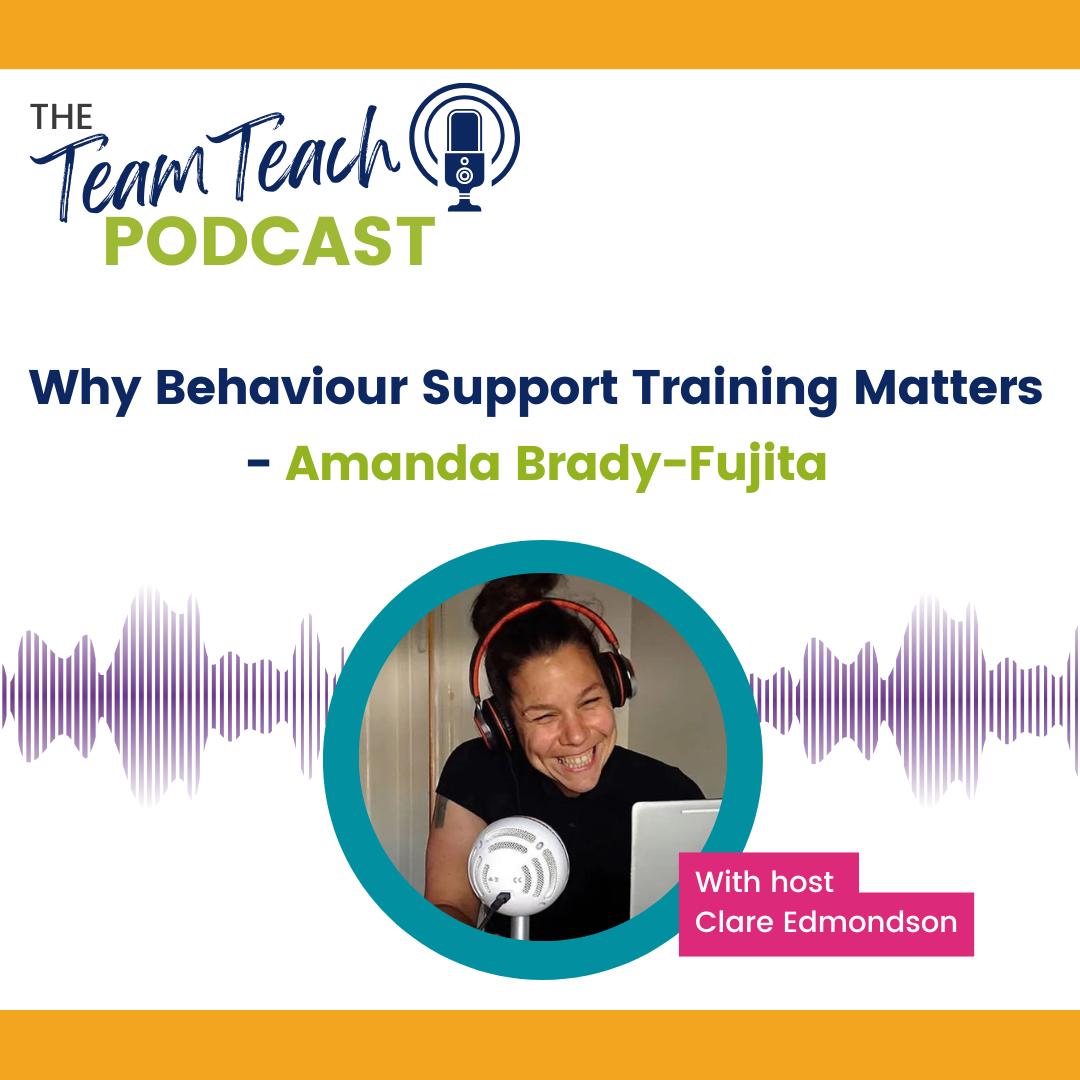New beginnings…
As you return after the recent break, hopefully well rested, recharged and ready to embrace the new academic year, you may be expecting to see emotions run high for many children as you welcome both new and returning students once again. We all know the excitement of a new chapter in our lives can come with trepidation and this is no different for both students and staff as they pass through school gates to begin a new term.
No two students will be alike in their experiences since they were last in school. Some may have enjoyed a fun relaxing break and be excited to get back to learning, but we know this won’t be the case for every student. Some children may have had experiences over the long break that have impacted their mental health and overall well-being. Some may feel nervous about their first day back, whether they’re joining a new school or returning to familiar teachers and classmates. And some may feel anxious and emotional about leaving their families. It goes without saying that the start of a new school year can lead to lots of mixed emotions for children and young people.
So, it’s no surprise that at this time of year especially, you’ll see behaviours that we, as professionals, need to fully understand, effectively respond to, and positively support, to help all our students settle in successfully. By taking this approach to what are often behaviours of concern, we can ensure that everyone benefits from an inclusive, respectful, compassionate and caring environment in which to learn and thrive.
Here are some key points to consider as we start a new term, to help support your students:
Are we really listening to what our students are communicating through their behaviour?
Understanding that all behaviour is a form of communication is the foundation to all effective behaviour support and hugely important for an inclusive culture. Some students may raise their voice, or run away, while others may display physical behaviours that indicate frustration, anxiety, fear or discomfort. Behind every behaviour is a need or an emotion being communicated to us.
But how do we as professionals respond effectively if we haven’t yet recognised what a behaviour is communicating to us? Will this challenge in turn influence our own behaviour? Ensuring staff have a good understanding of key behaviours and the potential signs of a person who is becoming dysregulated, is vital.
When all staff teams have effective and consistent behaviour support responses, responding rather than reacting to behaviour, you can employ the right de-escalation and intervention strategies with your students when needed.
Is everyone confident in de-escalation?
Effective de-escalation means spotting the often subtle signs that a young person is feeling distressed and taking action to prevent them from spiralling into a potential crisis. It’s not about simply stopping behaviour, but about using appropriate intervention strategies to calm and understand the feelings driving the behaviour.
There are many de-escalation techniques and the most successful are those that are personalised to the needs of each particular student. It can take time to understand where a behaviour is coming from and what it is communicating, but working with colleagues and involving the individual student, you can learn how to understand their behaviours and help develop supporting strategies to reduce behaviours of concern.
Every staff team needs to be empowered and supported with the right training, so they have a range of de-escalation strategies and skills to call upon when needed. Being confident in choosing the right tool from their de-escalation toolkit, can help regulate the student’s emotions driving their behaviours, reduce risk and disruptions, and ensure they feel fully supported.
How effective is your inclusion policy?
While all children and young people need ongoing nurturing and support in adjusting to new experiences and environments, it goes without saying that some may need more than others. For example, for students with additional needs, personalised supports can be even more important.
An effective school inclusion policy that everyone is on board with, is a key component in creating a caring compassionate learning environment where both staff and students feel they belong. It’s important in demonstrating leadership and accountability in supporting the vulnerable individuals we care for. It can help reduce interruptions and barriers so all your students can access learning and reach their individual potential. And it can support staff retention as well. Student behaviour is often cited as one of the top reasons for educators changing schools or leaving the profession completely.
The value of good relationships
Our relationships and how we treat each other often reflect the core values of our setting and we can model positive relationships and behaviours for our students. For staff members, feeling included, valued, supported and appreciated can have a huge impact on well-being and retention. Healthy cultures are developed when our values align with those of our colleagues and the organisation we work in. When we feel happy and supported, we’re able to respond to challenges more effectively and be the best version of ourselves at work.
For students it’s no different. Feeling heard, understood, supported and respected is vital for well-being and mental health which, as we know, are both fundamental to behaviour and in turn learning.
So, as you start another promising new term with your colleagues and students, I hope you have all the support you need to feel confident and competent with behaviour in your setting. And as a school, you’re able to benefit from a wholly inclusive approach to education so every one of your students has everything they need to be happy learners and reach their full potential.
Author: Dan Chesterman, International Business Development Director, Team Teach
And to mark the start of another school year, we’ve published some handy staff support posters that are free to download here.
Please contact us any time to see how we can support you with behaviour in your school or setting.








